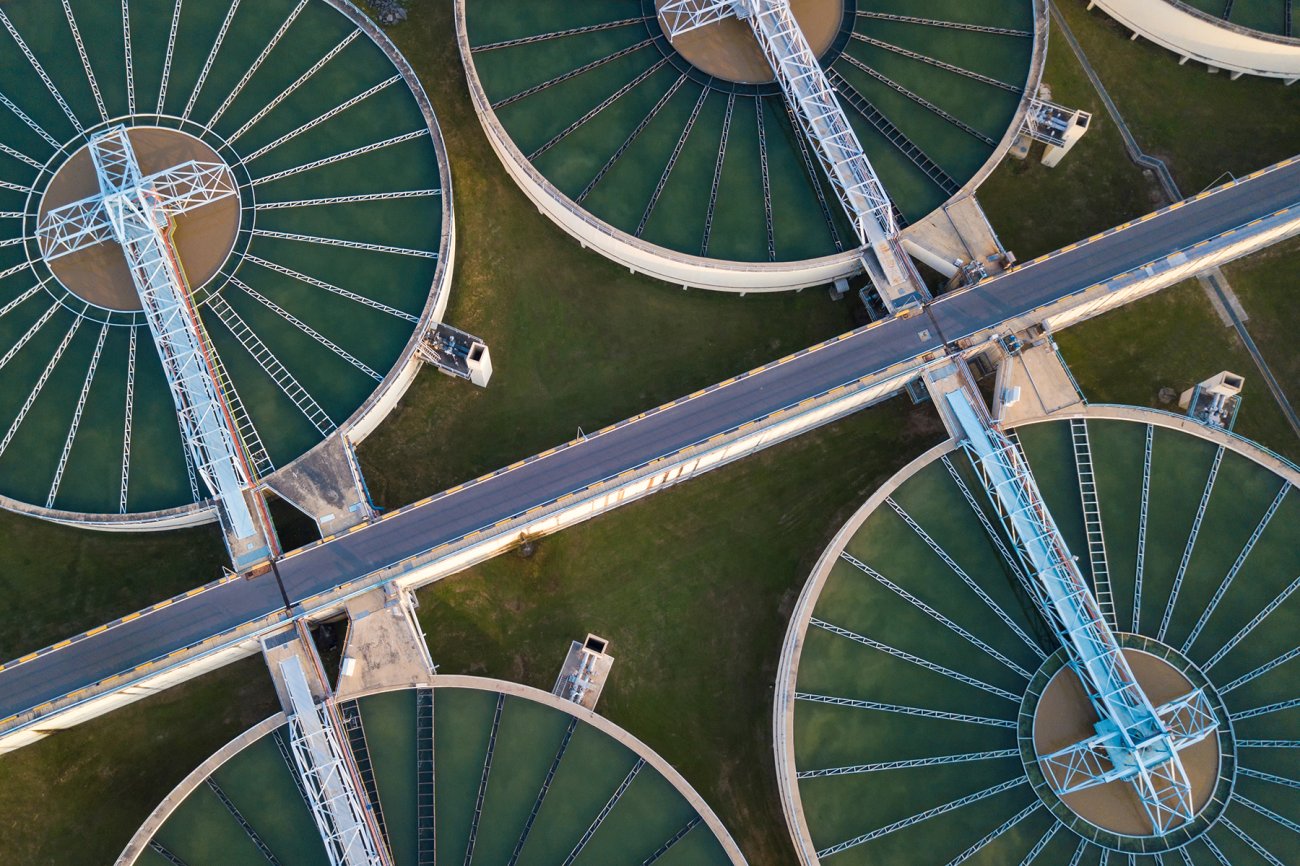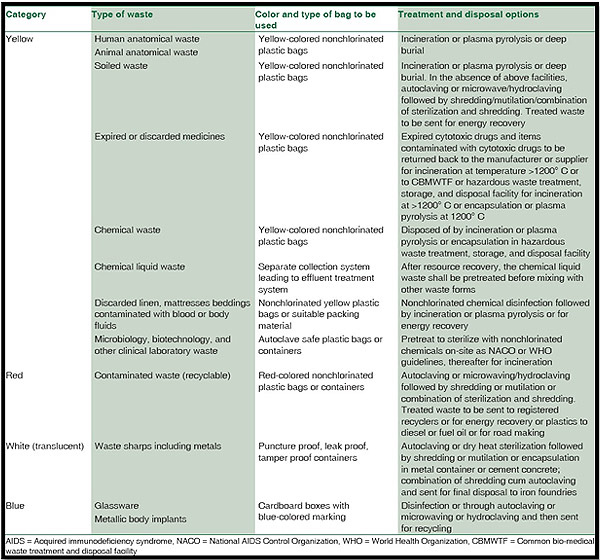An Unbiased View of Reclaim Waste
An Unbiased View of Reclaim Waste
Blog Article
The Ultimate Guide To Reclaim Waste
Table of ContentsNot known Details About Reclaim Waste Some Known Details About Reclaim Waste The Single Strategy To Use For Reclaim WasteThe 15-Second Trick For Reclaim Waste10 Easy Facts About Reclaim Waste Explained
Domestic sewer waste refers to the waste and items from a property septic tank. The correct monitoring and disposal of residential sewage waste call for fluid waste to be moved to a sewer therapy plant where the appropriate approaches and devices are applied to cleanse and dispose of waste.
Business waste commonly consists of potential risks, such as flammable materials or a blend of fluid and strong waste items, and calls for a much more innovative and in-depth disposal procedure. The disposal of industrial waste usually includes the filtering of waste prior to transportation to guarantee secure and correct disposal. Hazardous waste is created from by-products and overflow of commercial procedures and production.
This type of waste can not use the very same sewer administration transportation or processes as septic or industrial liquids. The hazardous waste management procedure needs the assessment and screening of fluid waste before it undergoes the disposal procedure (liquid waste disposal melbourne). Drainage waste is the liquid waste that comes from runoff and excess stormwater in very booming locations or cities
Overflow waste can cause contamination and flooding if not taken care of effectively. Find out more concerning sewer cleaning and waste management. Making sure correct waste monitoring can stop calamities and lower environmental injury. Both people in residential setups and specialists in industrial or manufacturing markets can profit from comprehending the procedures and laws of fluid waste monitoring.
Facts About Reclaim Waste Revealed
Call PROS Services today to find out about our waste administration and disposal services and the appropriate ways to look after the liquid waste you produce.
(https://profile.hatena.ne.jp/reclaimwaste1/)Do you understand what takes place to your water when you pull the plug, flush the commode or drain pipes the washing device? No? Well, it's worth understanding. This supposed 'wastewater' is not only an essential resource yet, after therapy, will certainly be launched to our land, waterways or the ocean. Made use of water from commodes, showers, baths, kitchen sinks, laundries and commercial processes is referred to as wastewater.

water made use of to cool machinery or clean plant and tools). Stormwater, a form of wastewater, is runoff that streams from farming and city areas such as roofs, parks, gardens, roadways, courses and rain gutters right into stormwater drains, after rainfall. Stormwater streams neglected straight to local creeks or rivers, ultimately reaching the sea.
Not known Details About Reclaim Waste
In Queensland, the majority of wastewater is treated at sewage treatment plants. Wastewater is moved from residential or commercial websites via a system of sewers and pump stations, recognized as sewerage reticulation, to a sewage therapy plant.
The Department of Natural Resources recommends city governments about managing, operating and preserving sewage systems and therapy plants. In unsewered areas, city governments may call for owners to mount individual or house sewer treatment systems to deal with domestic wastewater from toilets, kitchen areas, washrooms and laundries. The Department of Natural Resources authorises the use of house systems when they are proven to be efficient.
Most stormwater obtains no therapy. In some new class, treatment of some stormwater to remove litter, sand and crushed rock has started utilizing gross toxin catches. Wastewater treatment occurs in 4 phases: Removes solid issue. Bigger solids, such as plastics and other items wrongly discharged to sewage systems, are removed when wastewater is gone through displays.
Uses little living microorganisms knows as micro-organisms to damage down and remove remaining dissolved wastes and fine particles. Micro-organisms and wastes are included in the sludge.
Little Known Questions About Reclaim Waste.
Nutrient removal is not available in any way sewage treatment plants because it calls for expensive specialized devices. It is coming to be extra common in Queensland. Clear fluid effluent generated after treatment might still include disease-causing micro-organisms. If this effluent is launched into read review rivers such as rivers or the sea, the micro-organisms will at some point die out.

Many wastewater streams into the sewerage system. Under the Act, neighborhood federal governments provide authorizations and licences for eco pertinent activities (ERAs) including wastewater releases that may have a regional impact.
What Does Reclaim Waste Mean?
Otherwise, samples are taken for lab analysis. Frequently many tests are needed to establish the levels of each of the different toxins such as oils, hefty steels and chemicals in water. Monitoring gives factual details about water top quality and can verify that permit problems are being met. The information acquired through tracking offers the basis for making water top quality decisions.
Report this page